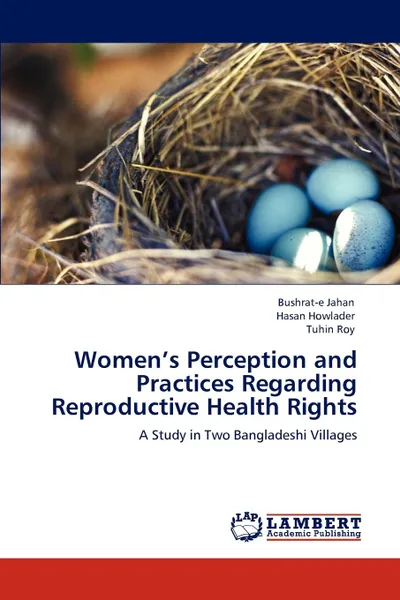Women.s Perception and Practices Regarding Reproductive Health Rights 12+
80 страниц
Категория: Литература на иностранных языках
ISBN: 9783846512944
Язык: Английский
📗 This book highlights intricately connected issues of socio-economic status and perception and practice of reproductive health rights (RHRs) of women living in rural areas of Bangladesh. The using data are the reflection of the real life representation of women in two villages under Dacope Upazila of Khulna District where the devastation of Natural disasters frequently affects their normal course of life and livelihood. In addition gender ideology and gender discrimination are deep rooted in these villages from time immemorial. Women are unevaluated or under evaluated regarding all sorts of decision making whether be it societal or familial. Gender norms in Bangladeshi society tend to make men macho and women passive. So women don't have right to take decisions even about their private life like sexual behavior and choice of reproductive health care. Though the universal declaration on reproductive health rights defined reproductive health rights are the rights for all people, regardless of age, gender and other characteristics, to make choices regarding their own sexuality and reproduction but the RHRs of women of these villages are dictated by the husbands or male members.
Мнения
